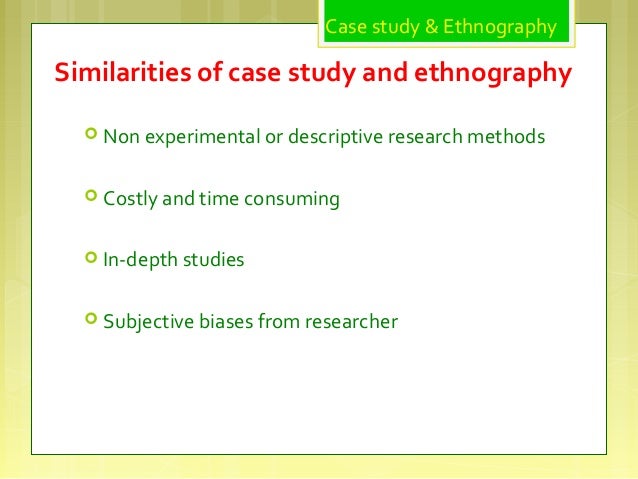Possible Research Questions:
- Research on patients’ attitudes toward improving gaps and quality of care in the rural health centers (Ethnography).
- Research on nurses’ attitude and nature of care in the selected rural healthcare centers (Ethnography).
Ethnography is a research method central to knowing the world from the standpoint of its social relations. The approach of ethnography will work in the above two versions of possible research questions. The approach of ethnography is to utilize oneself into the target’s environment while understanding the perceptions and goals that emerge in the process of the research (LeCompte & Goetz, 1982). Thirdly, ethnography has its foundation in the cultural anthropology in which, instead of relying or depending on conducting research via interviews or focus group, researchers experience the environment as participant bystander.
Another Possible Research Question:
- Explore patients’ perspectives in relation to Telehealth (specific factors) in closing health care disparity in rural areas (Case Study).
Case study is a research approach common in social science. It is based on an in-depth investigation of a single individual, group, or event that maybe explanatory or descriptive in nature. Case study is an example of qualitative research methodology. The reason for the use of this research method how it involves multiple set of data collections for the research project (Baxter & Jack, 2008). Secondly, a case study allows profound usage of multiple stages of data sources (Baxter & Jack, 2008). The data collection approaches for case study include interviews, documentation, and possible used of field notes. For instance, another motive for the use of case study is the focus on particular problem of patients’ attitudes faced by the study, and from specific viewpoints (Baxter & Jack, 2008). As a component of empirical inquiry, the choice of case study is best suited for a research approach that seeks to answer questions like “how” or “why”( Baxter & Jack, 2008).
The currently-researched conceptual framework that appealed but aligned with the choice of case study, and that fascinated vital interests and its relationship to research topics is the SERVQUAL model. SERVQUAL model is a measure of service quality. SERVQUAL is effective as a gap model; aimed at accessing the service quality of general businesses, and healthcare delivery. Moreover, SERVQUAL existed as a relevant model in the healthcare field due to understanding people’s emotional and practical response to illness, and the receptiveness of health providers to their needs ( Jin, Qian & Zhu, 2013).
References
Baxter, P., & Jack, S. (2008). Qualitative case study methodology: Study design and implementation for novice researchers. The qualitative report, 13(4), 544-559.
Jin, S., Qian, S., & Zhu, H. (2013). Identifying key factors of patient satisfaction based on SERVQUAL and DEMATEL. Journal of Theoretical and Applied Information Technology, 48(2), 973-978. Retrieved from http://citeseerx.ist.psu.edu/viewdoc/download?doi=10.1.1.300.4212&rep=rep1&type=pdf
LeCompte, M. D., & Goetz, J. P. (1982). Problems of reliability and validity in ethnographic research. Review of educational research, 52(1), 31-60.
